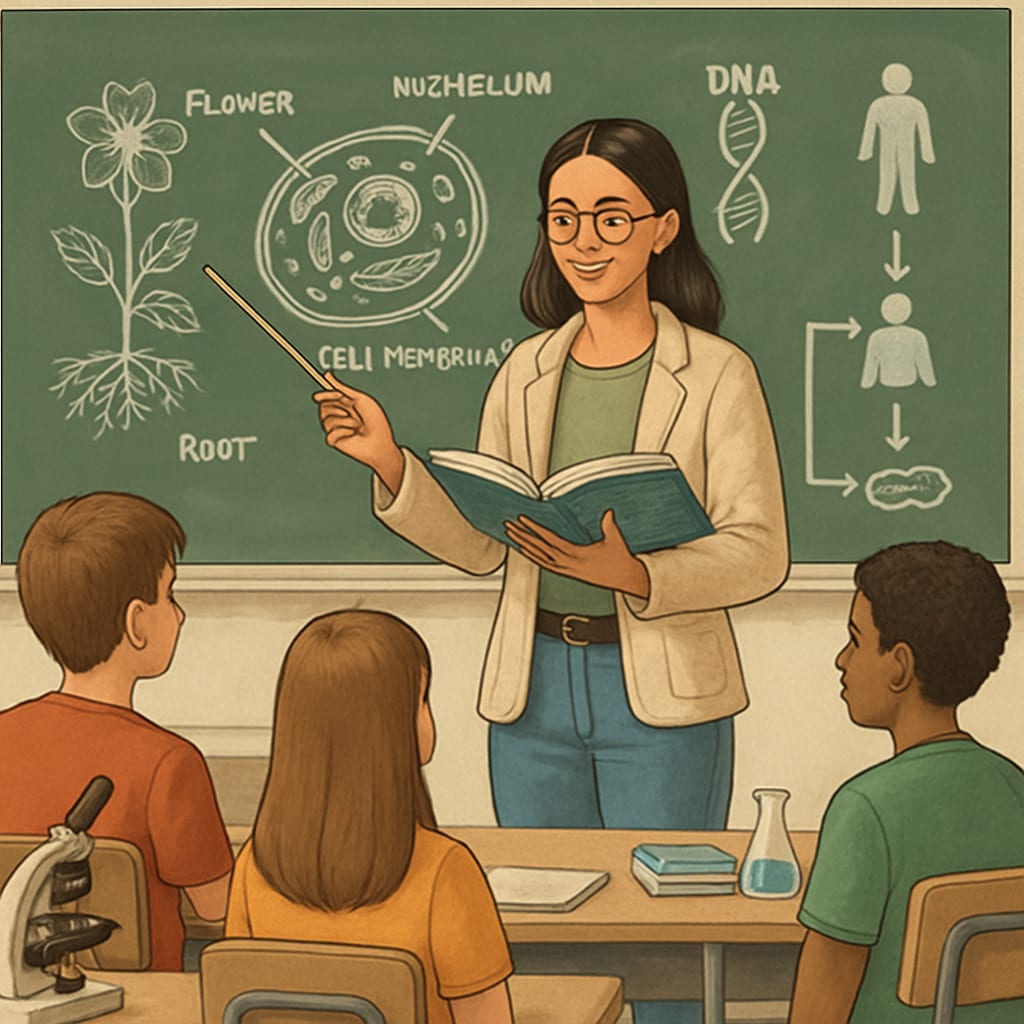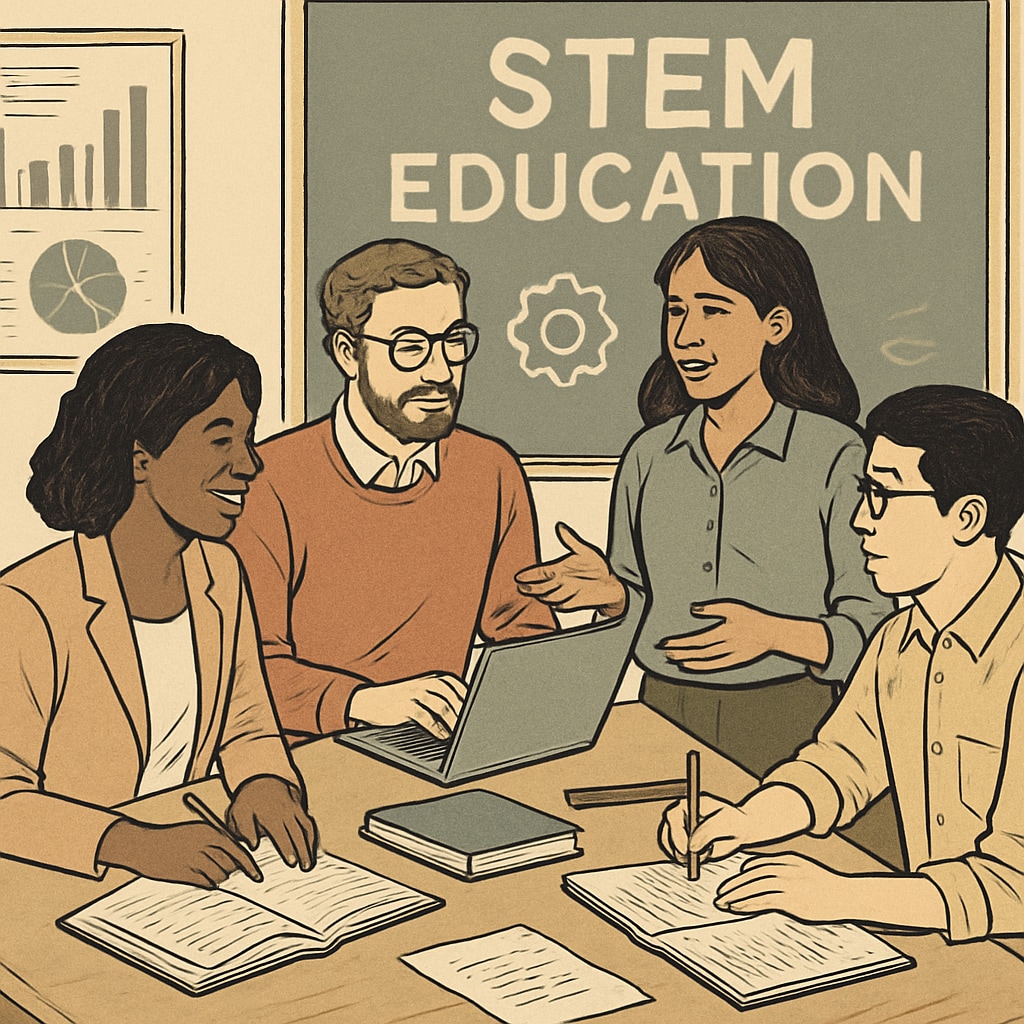For biology graduates, pursuing a master’s degree in education can be a transformative career shift. This transition not only leverages their scientific expertise but also allows them to inspire the next generation through teaching. However, the path from biology lab to the teaching podium involves strategic planning and adaptability. In this article, we explore the feasibility of this career switch, analyze its potential advantages and challenges, and provide practical advice for a smooth transition.
Why Transition from Biology to Education?
Biology graduates are often equipped with critical thinking, research skills, and a strong foundation in science. These competencies are highly valuable in the education sector, where demand for STEM (Science, Technology, Engineering, and Mathematics) educators continues to rise. By pursuing an education master’s degree, biology professionals can expand their career horizons while making a meaningful impact.
Several factors make this transition particularly appealing:
- High Demand for STEM Educators: Schools worldwide are facing a shortage of qualified STEM teachers, creating ample job opportunities.
- Transferable Skills: Skills such as data analysis, problem-solving, and communication are directly applicable to educational roles.
- Personal Fulfillment: Teaching offers the chance to inspire curiosity and foster a love for science in students.

Challenges in the Biology-to-Education Transition
While the benefits are compelling, this career shift is not without its challenges. Understanding these obstacles is essential for a successful transition:
- Adapting to Pedagogy: Biology graduates may need to learn teaching methodologies and classroom management skills.
- Credential Requirements: Many educational positions require certification or licensure beyond a master’s degree.
- Shift in Work Environment: Moving from a research-focused setting to a classroom can be a significant adjustment.
To overcome these hurdles, aspiring educators should seek internships, volunteer opportunities, or teaching assistant roles to gain practical experience in education settings.
Steps to Transition Successfully
Transitioning from a biology background to an education master’s degree involves careful planning. Below are actionable steps to help navigate this journey:
- Research Education Programs: Look for master’s programs that emphasize STEM education or offer specialization in science teaching.
- Gain Classroom Experience: Volunteer as a tutor or mentor in schools to understand classroom dynamics.
- Build a Strong Application: Highlight your biology expertise and passion for teaching in your application essays and interviews.
- Network with Educators: Connect with teachers, professors, and education professionals to learn about the field and gain insights.
- Prepare for Certification Exams: Research state or country-specific teaching certification requirements and prepare accordingly.
For more detailed guidance, consult professional organizations like the National Science Teaching Association or explore resources provided by Britannica on Education.

The Future of STEM Education
The transition from biology to education aligns with a growing global emphasis on STEM literacy. As technology advances, the need for educators who can teach complex scientific concepts in engaging ways becomes increasingly important. Biology graduates, with their specialized knowledge, are well-positioned to fill this gap.
Moreover, the skills gained during this transition—such as curriculum design, public speaking, and mentoring—can open doors to leadership roles in education, such as department heads or education policymakers.
Ultimately, this career path offers not just professional growth but also the opportunity to profoundly influence the next generation of scientists, researchers, and informed citizens.
Conclusion: Transitioning from biology to an education master’s degree is a feasible and rewarding career move. By leveraging their scientific expertise and embracing new pedagogical skills, biology graduates can thrive in the education sector. With proper planning, this career switch can lead to a fulfilling and impactful professional journey.


